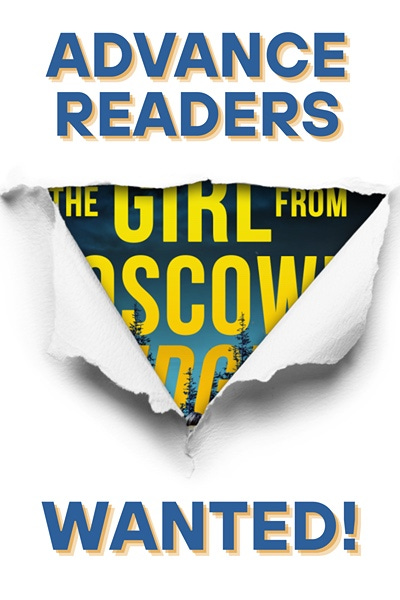Hello Readers,
For people who are juggling a lot of responsibilities – what are you doing to maximize the “low-engagement ” time on your schedule?
Low-engagement time refers to the time spent on unavoidable manual tasks that can potentially be multitasked with other activities. “Low-engagement ” time doesn’t necessarily mean “wasted” time.
The hours spent in our vehicles commuting to work or running errands are low-engagement. Yeah, yeah, I know; we are fully engaged in driving. We keep our backs straight and our hands fixed at the 10 and 2 o’clock positions on the steering wheel, our eyes relentlessly scanning the road ahead, just as they taught us in driver’s training. None of us sneak glances at our phones, put on makeup, or consume super-sized fast food combo meals while driving.
For the most part, our brains aren’t fully locked in while driving familiar routes. And for the most part, they don’t need to be. That’s why radios have been a standard feature in vehicles since the 1950s; driving doesn’t engage the entirety of our minds.
With the emergence of digital streaming, terrestrial radio has been complemented by other options, such as audiobooks, podcasts, and satellite radio. These entertain us and increase the potential to be productive without distracting us from driving safely; it just depends on what we tune in to. We can listen to a drivelous podcast by a celebrity or influencer, an audiobook on quantum physics, or something in between; the choice is ours.
Another low-engagement period is exercise. The stakes are quite a bit lower for zoning out while running, although distractedly drifting into traffic or failing to notice an agitated Rottweiler approaching could be painful.
I noticed years ago that productive and creative thoughts tend to develop while running. Perhaps it is the flipside of the “just sleep on it” theory, where solutions to your problems magically materialize overnight. Similar to sleep, perhaps a state of deeper thinking manifests when our bodies are engaged in a session of high physical exertion.
Achieving that mental state is possible with many low-engagement activities. Driving, mowing the lawn, running, etc. A period of time when our minds are uncluttered with content from television or cell phone screens, thereby forcing our brains to focus on other stimuli.
The problem has always been capturing these productive epiphanies during the low-engagement activity. It is inadvisable to pick up a notepad and pen to jot something down while speeding down the expressway. Doing it while running is also awkward; my handwriting is atrocious enough as it is, and my notes would be completely illegible if I attempted to scribble down my brilliant thoughts mid-run.
The solution is dictation. Just as I can walk and chew gum at the same time, I can also drive and talk concurrently. This has proven productive on multiple levels, including the writing of my new novel.
I open a word processor on my phone, click on the little blue microphone, and begin talking to myself. It was challenging to blurt out the sentences and paragraphs at first, but with practice, it started to feel more natural. I am now able to talk through entire chapters.
It requires a fair amount of editing afterward, especially if it captures the angry comments I mumble to bad drivers mid-commute, but the essence of the content is documented. This is a significant improvement over trying to remember an idea and then losing it by the time I find the means to save it.
Dictation is also effective for my to-do lists. I use the Apple Reminders app, where I have several lists set up. I ask Siri to add a reminder to a specific list, which she happily does, confirming it in her upbeat Australian accent (I enjoy that one for some reason, don’t judge).
This also works reasonably well while running, although the error rate is higher as I pant and wheeze my way through it. However, in the past, those ideas were generally lost to my scatterbrained dead zone, never to return.
Yes, there are times when I choose to listen to music or a mindless podcast during the low-engagement periods. A frustrating day at work can be mitigated by listening to some angry heavy metal during the commute home, so I consider that a form of therapy.
Amidst all the mindless distractions that our modern digital world offers, dictation serves as a counterweight. I leverage my voice to be more productive, putting that time I generally “waste” toward harnessing a bit of productivity and organization, which frees me to do something more entertaining or fulfilling later.
Take care,
P.S. I am taking July off from publishing this newsletter - I will see you in August!
















